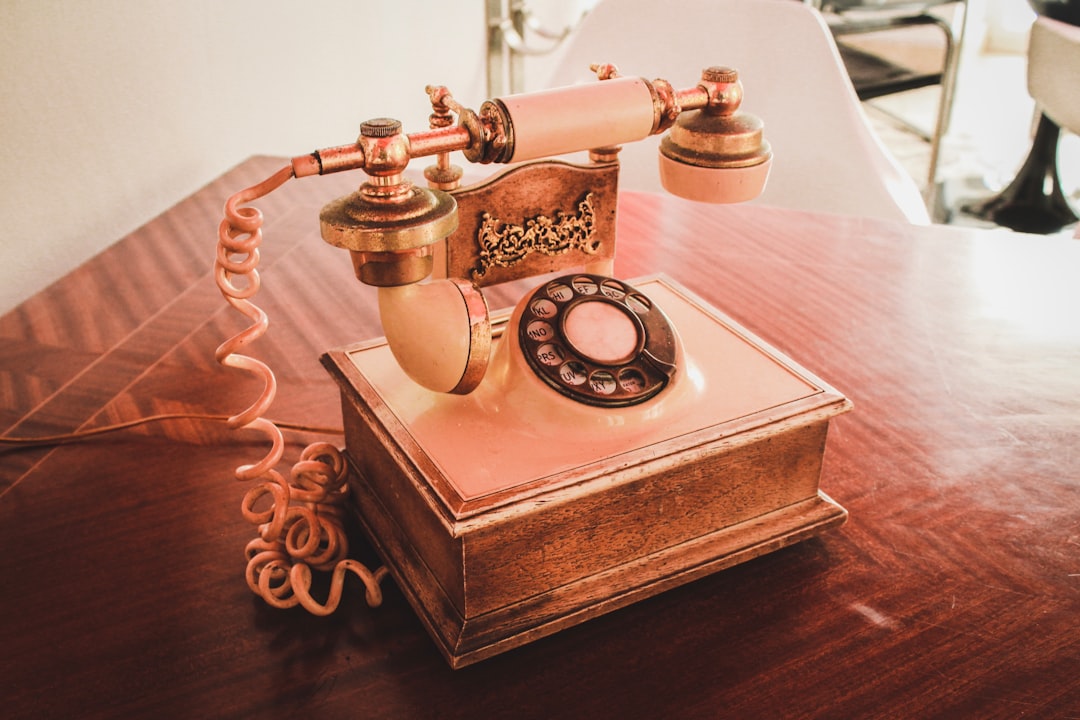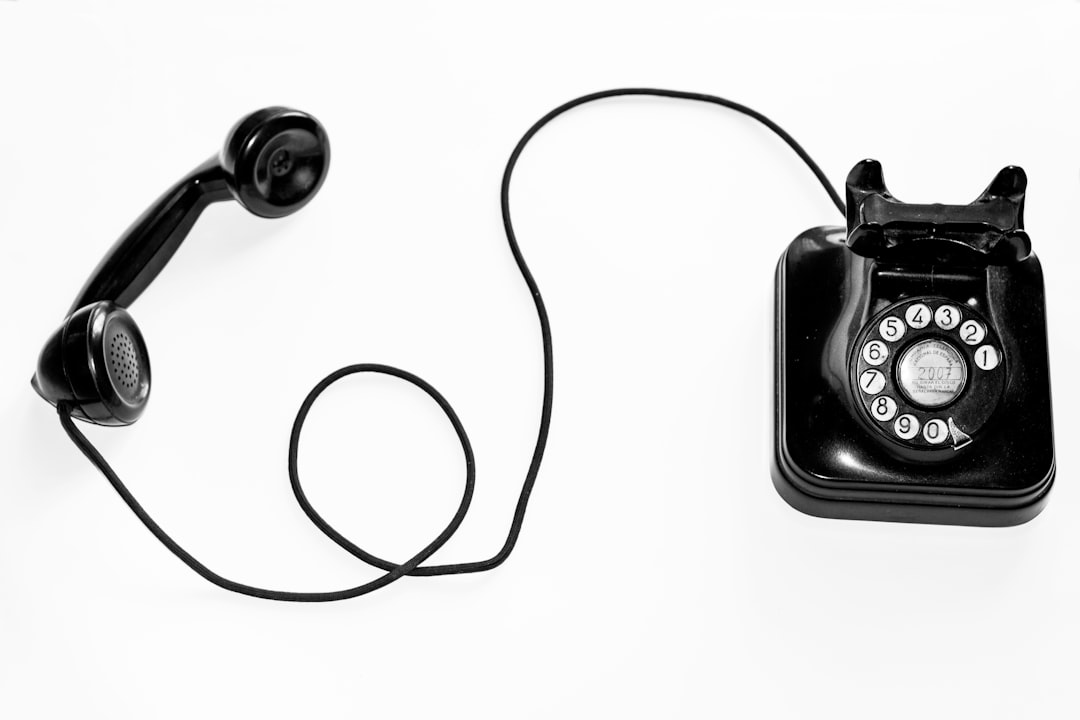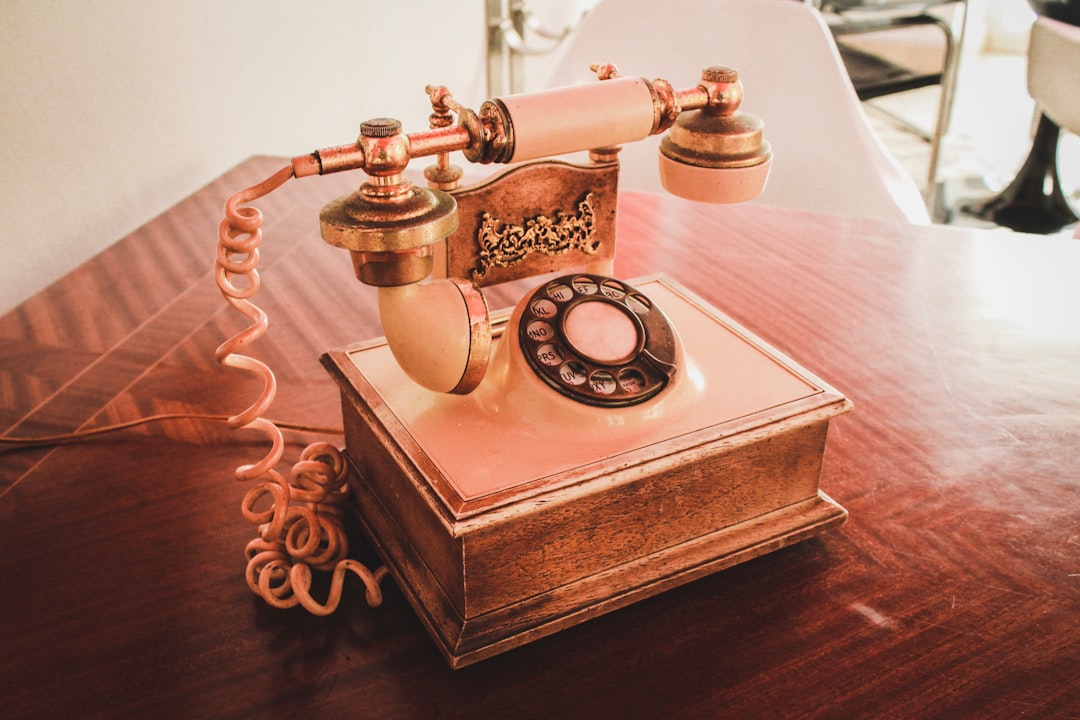Caller ID spoofing, enabled by VoIP and other advanced technologies, has become a significant issue in Maine. Scammers use number spoofing and hacking to bypass blocking lists, leading to unwanted sales calls, scams, and identity theft. This violates consumer protection laws and privacy rights, with potential legal repercussions. Maine's strict regulations target those who manipulate caller IDs for deceptive practices. Victims can protect themselves by being cautious of unknown callers, using smartphone spam filters, and registering with the National Do Not Call Registry. Consulting a specialized robocall lawyer Maine, robocall attorney Maine, or robocall law firm Maine is crucial for legal guidance, justice, and compensation against fraudulent robocalls.
In today’s digital era, robocalls have become a pervasive and often frustrating aspect of daily life. With advancements in technology, caller ID spoofing—the practice of disguising the origin of a phone call to display false information—has emerged as a growing concern. This article explores the intricacies of caller ID spoofing, its legal implications, and how individuals and businesses in Maine can protect themselves from this deceptive practice. For those seeking guidance, it introduces reputable robocall lawyers Maine, robocall attorneys Maine, and law firms specializing in addressing these modern challenges.
Understanding Caller ID Spoofing: How It Works and Common Techniques
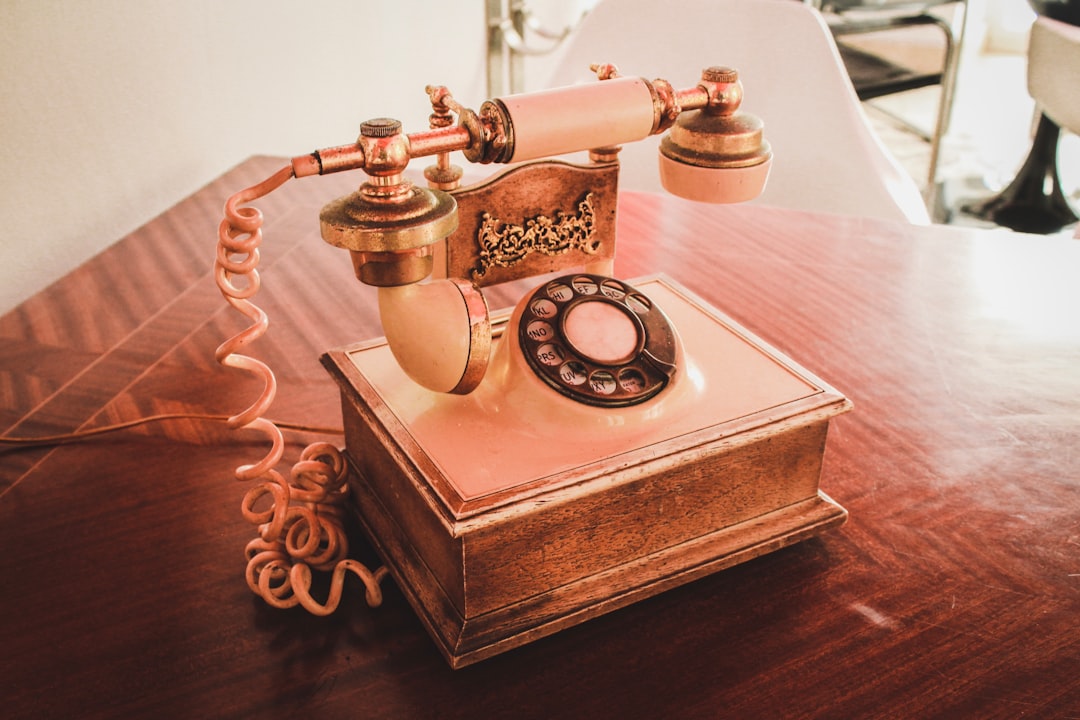
Caller ID spoofing is a deceptive practice where a caller manipulates their display name and number to appear as someone else or even a legitimate business. This technique has become increasingly common with advancements in technology, allowing individuals and organizations to forge or mimic phone numbers. The process often involves using specialized software or hardware to alter the caller ID data transmitted to the recipient’s device.
One of the most prevalent methods is “number spoofing,” where a malicious actor uses a VoIP (Voice over Internet Protocol) service to generate a fake number, making it appear on your screen as a familiar or trusted source. Another technique involves hacking into a legitimate business’s system to steal their caller ID data, tricking recipients into believing they are receiving an official call. With these methods, robocallers and scammers can bypass blocking lists and increase the effectiveness of their campaigns, leading to more frustration for recipients and potential legal repercussions for the perpetrators, as it raises important questions about privacy, consent, and fraud.
The Impact of Spoofed Robocalls: A Legal Perspective
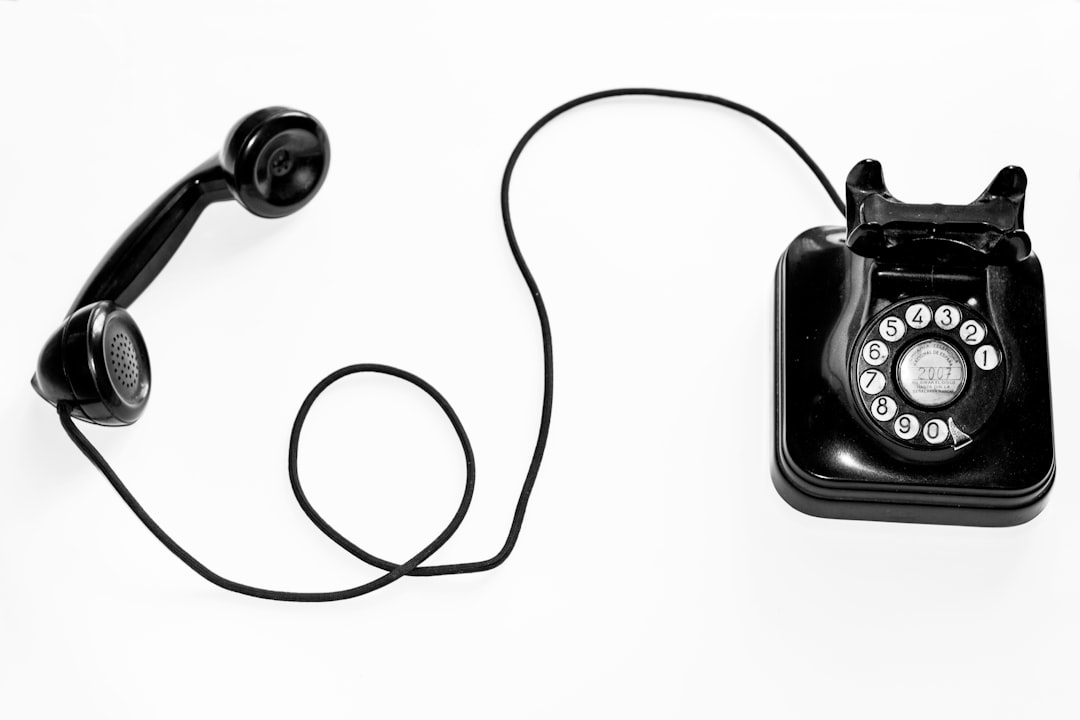
The impact of spoofed robocalls is a significant concern in the legal realm, particularly with the rise of sophisticated technology making such fraudulent activities easier. When a caller ID is manipulated to display a false number, it can lead to severe consequences for consumers and businesses alike. Maine residents who have fallen victim to these deceptive practices may find themselves facing unwanted sales calls, scams, or even identity theft. Legal implications arise when these robocalls violate consumer protection laws, privacy rights, and anti-fraud regulations.
A robocall lawyer Maine can help navigate the complex legal landscape surrounding this issue. These attorneys specialize in representing clients affected by spoofed robocalls, seeking justice and compensation through litigation or negotiations. With the right legal representation, individuals and businesses can protect their rights, hold perpetrators accountable, and potentially receive damages for the emotional distress and financial losses incurred due to these fraudulent activities.
Maine's Laws and Regulations on Caller ID Manipulation

In Maine, the manipulation of caller identification (Caller ID) is subject to specific laws and regulations aimed at protecting consumers from deceptive practices. The state has implemented measures to combat robocalls and related forms of communication fraud, emphasizing the importance of transparency in telephone communications. According to Maine’s laws, intentionally misleading or falsifying Caller ID information with the intent to deceive or harm another person is considered a violation. These regulations target individuals who use sophisticated technology to spoof call origins, often associated with telemarketing scams and unsolicited commercial calls.
If you’re facing issues related to robocalls or have experienced caller ID spoofing in Maine, consulting a specialized lawyer can be beneficial. Robocall attorneys in Maine are well-versed in the state’s regulations and can provide guidance on legal options available to victims. A robocall law firm Maine residents trust can offer support in navigating potential legal actions against perpetrators, ensuring that the rights of consumers are protected under the existing framework.
Legal Implications for Businesses and Individuals Involved in Spoofing
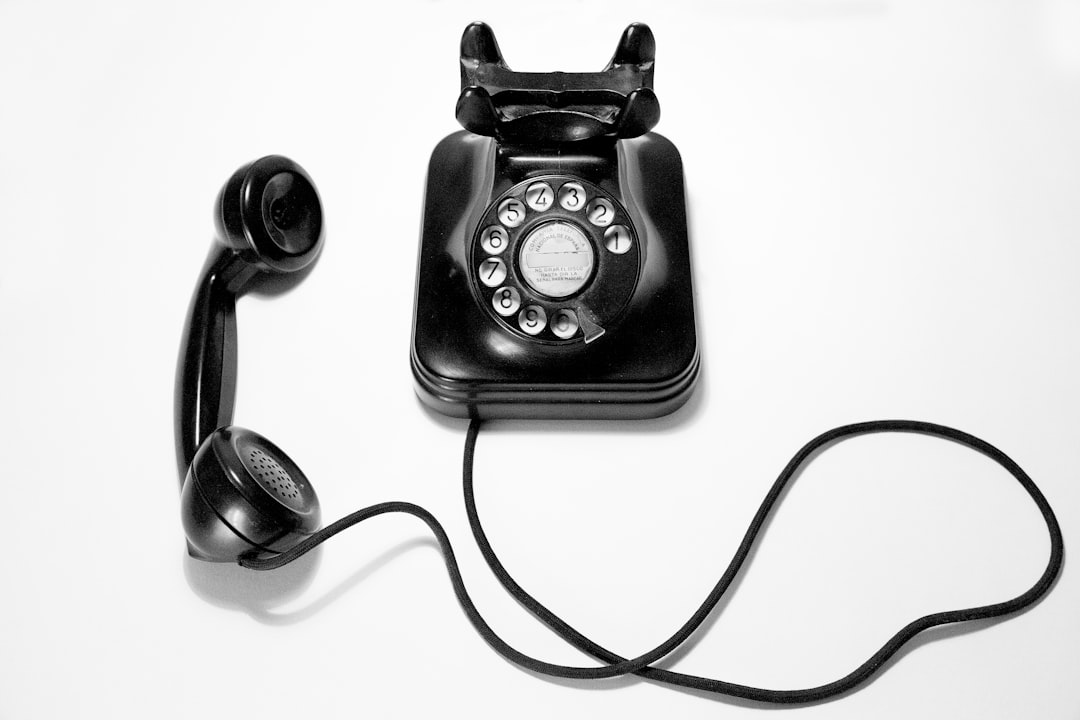
In Maine, as in many other states, caller ID spoofing is a serious legal matter with significant consequences. Both businesses and individuals can face substantial penalties for engaging in or facilitating this practice. A robocall lawyer Maine residents turn to when facing such charges can provide expert guidance on navigating these complex laws.
For businesses, the implications are particularly severe. While marketing strategies may sometimes blur the line between legal and illegal tactics, intentionally using spoofed caller IDs to evade do-not-call lists or mislead recipients into answering calls is strictly prohibited. A robocall attorney Maine firms employ to defend against these accusations must be well-versed in consumer protection laws to build a solid defense. Individuals caught up in these cases also risk fines and legal repercussions, especially if they’re found guilty of aiding or abetting such practices through the use of spoofing software or services.
Protecting Yourself: Strategies to Combat Spoofed Robocalls
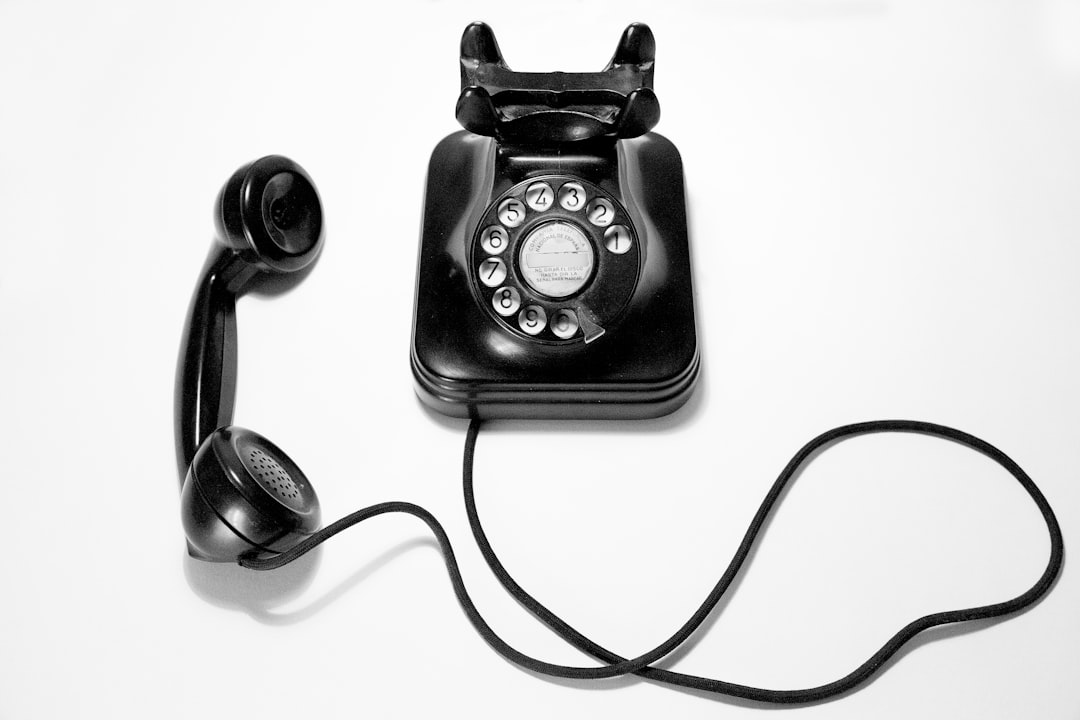
Protecting yourself from spoofed robocalls involves a multi-faceted approach. First, be cautious when answering calls from unknown numbers; if a call appears suspicious, let it go to voicemail or simply don’t answer. Many modern smartphones have built-in call blocking and spam filtering features that can help deter unwanted calls. Keeping your contact information private is also crucial; avoid listing your number publicly online or on social media platforms, and be wary of sharing it with unknown entities.
Consider registering your phone number with the National Do Not Call Registry, which can prevent certain types of telemarketing calls. Additionally, a robocall lawyer Maine, robocall attorney Maine, or robocall law firm Maine can offer guidance and legal recourse if you’ve been targeted by fraudulent robocalls. These professionals can help you understand your rights and take appropriate action against the perpetrators to protect yourself from future incidents.


